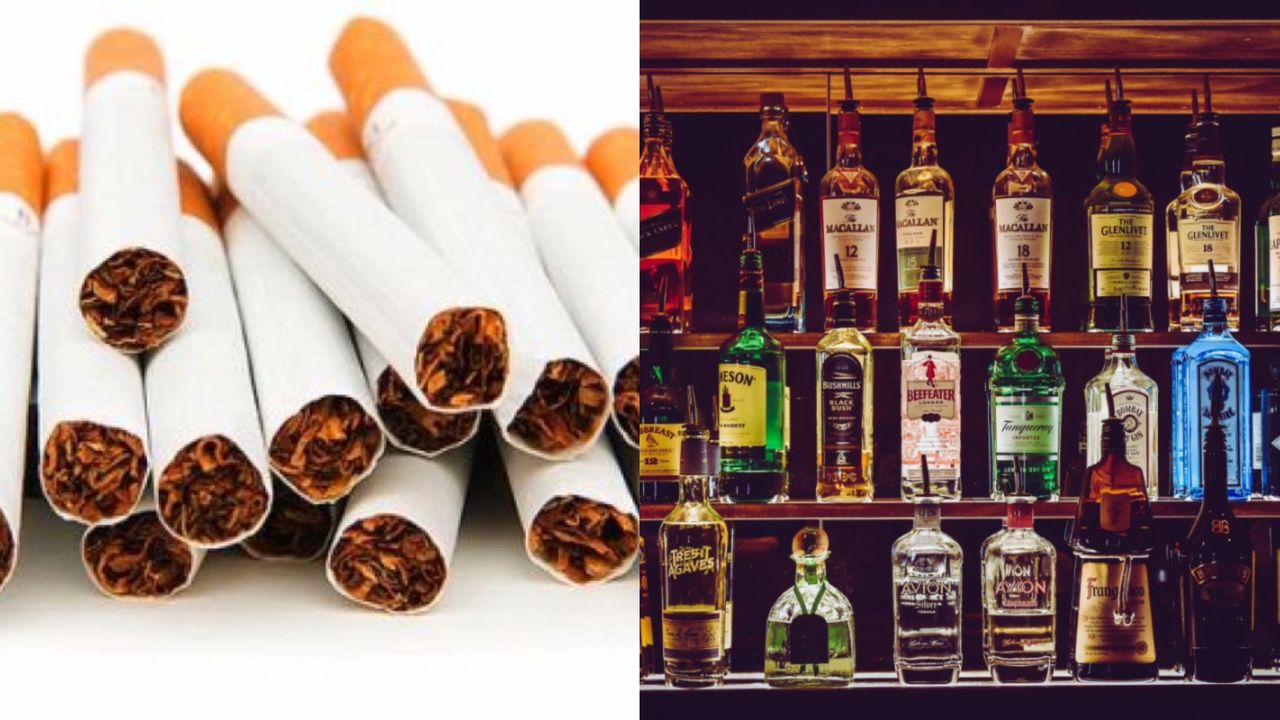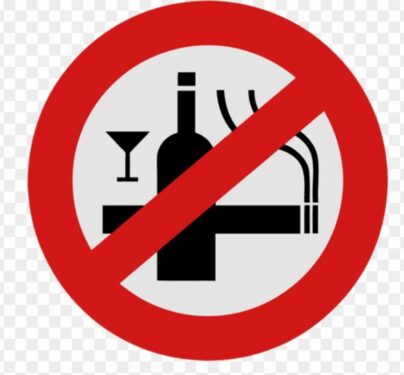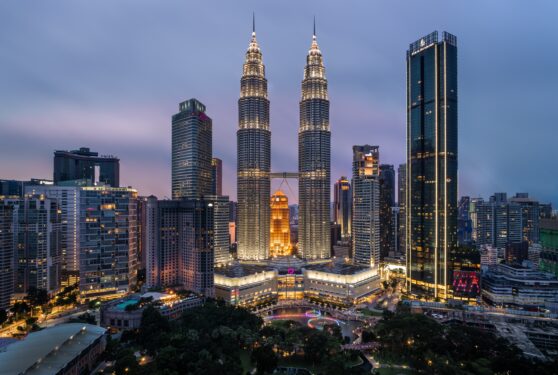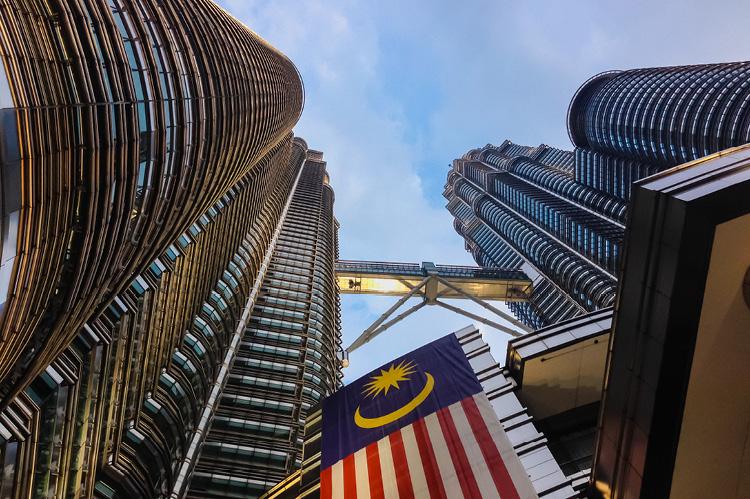AS public health advocates for legislation to end the cigarette epidemic, others are latching on to this by insidiously calling for a ban on alcohol, nightclubs, sugary drinks and gambling in the country.
It probably should except that we live in an imperfect world. There are a lot of things in life that perhaps should be banned.
But even if all were banned from a legal stand-point, they would continue to thrive illegally. It simply provides opportunities for criminal gangs to create, distribute, sell and operate them illegally.
The Malaysian Government makes things illegal if they have reasons to do so. There is a long history of paternalism in governing this country. Paternalism has been justified on a mixture of moral, religious and social grounds.
Today, those arguments are now framed under the banner of public health with the proposed introduction of legislation to reduce the consumption of a legal product – for example, tobacco – that can have a negative effect on the health of the user if consumed in excess or over many years.
Introducing a cost-benefit analysis involving ‘social welfare’ for the proposed ban on tobacco legislation opened the door to paternalists making value judgements on other people’s behalf. Costs and benefits can never be quantified appropriately when dealing with pleasure, pain, joy and remorse.
Slippery slope
One concern about the proposed ban on tobacco legislation is that it creates a slippery slope of regulation with the Government becoming gradually more intrusive and manipulative.
Yes, the Government can implement any policies but should they? It is believed that the Government should act if more people smoke despite government guidelines and recommendations to curb such habits.
In terms of an outright ban, taking action at all costs is a terrible way to make policy. Should regulations be designed to protect people from themselves? This creates a slippery slope as the same arguments for banning the sale of cigarettes to minors can be used to ban alcohol and gambling.
A slippery slope argument shifts attention from the issue at hand to a hypothetical outcome, offering little or no proof that the outcome is likely. It is a fallacy that often appeals to people’s emotions or fears.
Currently, sin tax revenue from tobacco products, gambling and alcohol which comprised almost half or 49.7% of all excise duties collected is consolidated with other government revenue.
Sin taxes are often targeted in every budget as it is viewed as the easiest way of obtaining additional revenue for the country. Nevertheless, increasing sin taxes coupled with poor enforcement has resulted in the high illicit trade of cigarettes and alcohol products.
The Government revenue has fallen over the years due to illicit trade. The proposed ban on tobacco legislation is definitely going to trigger an even sharper decline in revenue.
Is the goal of the ban on tobacco legislation to reduce smoking, increase revenue or in some cases, support the legal industry itself?
Let’s talk openly about morality and the corruption in our country instead of quibbling about petty points. – June 15, 2022
LK Foo is a Focus Malaysia reader.
The views expressed are solely of the author and do not necessarily reflect those of Focus Malaysia.










